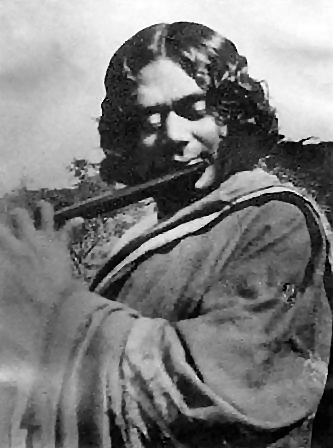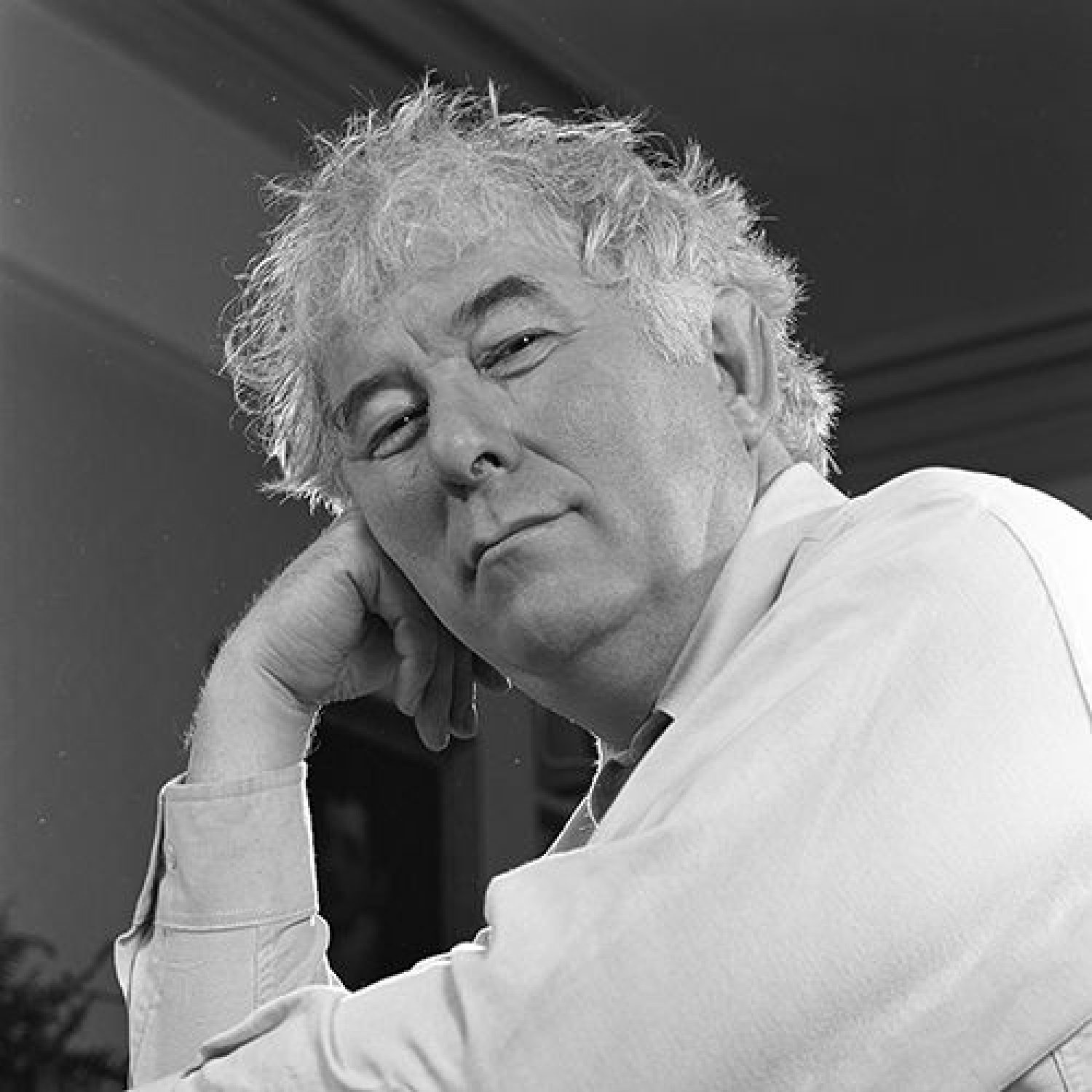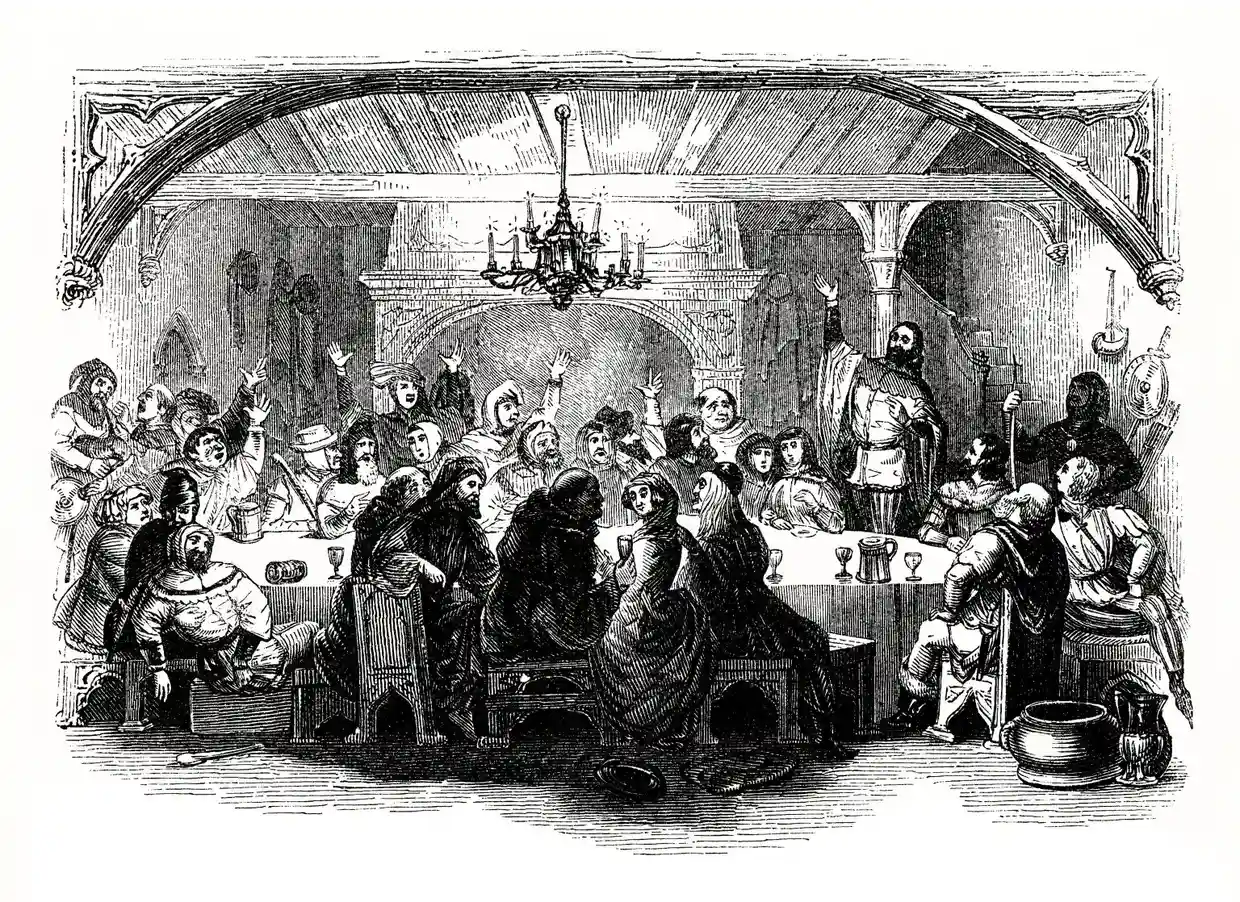We begin the week on My Poetic Side with a look at the protest against the use of a famous poem in a film, a Seamus Heaney study and the sanitised versions of Chaucer’s works.
Poet’s Family Protest Use of Anthem
 AR Rahman, the winning composer and singer, has been the subject of significant backlash for his rendition of the anthem known as “Karar Oi Louho Kopat” in his recent Bollywood film.
AR Rahman, the winning composer and singer, has been the subject of significant backlash for his rendition of the anthem known as “Karar Oi Louho Kopat” in his recent Bollywood film.
The popular Bengali song is described as having had its very essence “distorted” in the Hindi film called Pippa.
The people leading the protest over the way in which the song has been used are descendants of famed Kazi Nazrul Islam, also known as the national poet of Bangladesh. He penned the poem in 1922 in protest again the arrest by the British of Chittaranjan Das, a freedom fighter who they then sent to prison (the title of the song roughly translates as the iron bars of prison). The poem talks about the suggestion that people break down the prison gates. Nazrul was arrested for sedition in 1923 and the song was recorded in 1949 for the first time when it got its iconic tune.
Whilst the makers of the film were quick to issue an apology early last week, Rahman has not yet issued a statement over the issue.
Seamus Heaney at Boston College
 The Irish Studies program at Boston College has been celebrating the work and life of Seamus Heaney the Nobel prize winning poet. One of the most accomplished poets from Ireland, the event which took place between 16th – 18th November was titled Seamus Heaney: Afterlives. The conference included appearances from the poet’s wife and daughter as well numerous Heaney scholars.
The Irish Studies program at Boston College has been celebrating the work and life of Seamus Heaney the Nobel prize winning poet. One of the most accomplished poets from Ireland, the event which took place between 16th – 18th November was titled Seamus Heaney: Afterlives. The conference included appearances from the poet’s wife and daughter as well numerous Heaney scholars.
Afterlives was put together to take a look at the new understanding that we have accumulated in the 10 years since his death whilst also looking at those poets, still living, who have been influenced by his work and legacy.
Sanitised Chaucer on Display
 A new exhibition which will be opening in Oxford will take a look at the many ways in which the works of Geoffrey Chaucer have been offered to readers over the years.
A new exhibition which will be opening in Oxford will take a look at the many ways in which the works of Geoffrey Chaucer have been offered to readers over the years.
Whilst Chaucer is often lauded as the father of English Literature there have been times when his work has been offered to readers in a more sanitised version. During the Victorian era children were given “clean” copies of his work to read which removed some of the more “adult” themes he wrote about. The Canterbury Tales was, in fact, seen by Victorian parents and educators as a helpful tool for teaching both moral and religious lessons. The eye popping details in his work were considered so unsuitable that they needed to be very heavily censored. One of the earliest censors was Charles Cowden Clarke, who wrote his copy in 1833.
Many of the adaptations that were made during the 19th century were done by female writers and were created for female readers, although a particularly famous adaptation of the era was written by Mary Hawes for her son.
Now some of these alternative copies will be going on display at the Bodleian Library in Oxford.


You must register to comment. Log in or Register.